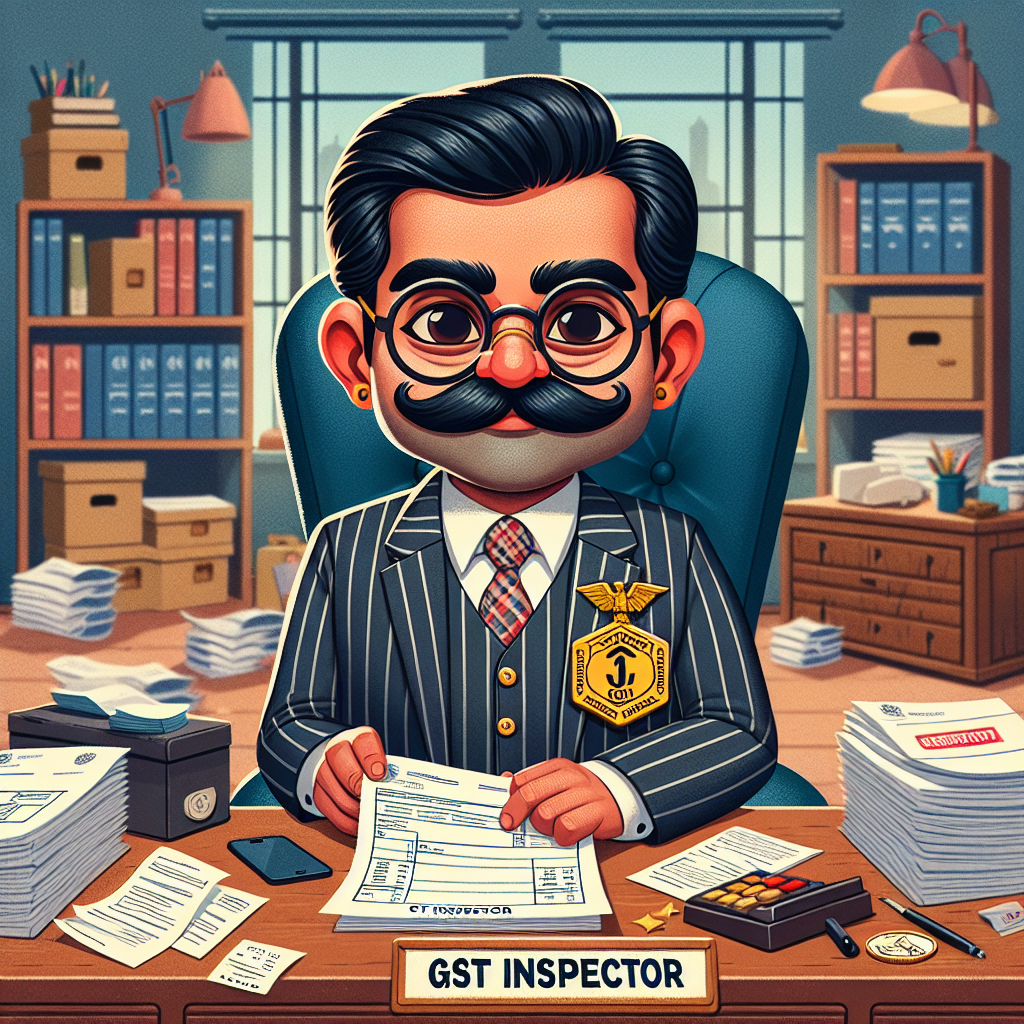GST in Tripura: A Game-Changer for Economic Growth
Tripura's Chief Minister, Manik Saha, hailed the introduction of GST as a significant boon to revenue collection, strengthening the state's economy. Simplifying tax structures to 5% and 18% slabs has benefited common people, reducing costs on household goods and insurance, while also aiding farmers with lower equipment taxes.

- Country:
- India
Tripura Chief Minister Manik Saha recently praised the Goods and Services Tax (GST) for significantly boosting revenue collection in the state. Speaking at a program, Saha emphasized that both the state and national economies have strengthened thanks to the GST reforms.
The Chief Minister highlighted the simplification of the tax structure, which now features just two main slabs of 5% and 18%, compared to the previous five stages. This change, Saha noted, has brought considerable relief to common and middle-class families, as everyday household items and certain insurance products now attract minimal or no taxes.
In addition to consumer benefits, Saha pointed out the advantages for the agricultural sector, with equipment like tractors and rice harvesters being taxed at a reduced 5%. The decrease in taxes on cement purchases, from 28% to 18%, was also mentioned as a significant relief, illustrating the comprehensive positive impact of GST reforms across various sectors.
(With inputs from agencies.)
- READ MORE ON:
- GST
- Tripura
- Manik Saha
- economy
- revenue
- common people
- insurance
- taxes
- farmers
- household goods
ALSO READ
Canara HSBC Life Insurance's IPO Receives Rs 750 Crore Boost from Anchor Investors
Healthcare and Insurance Leaders Unite for Enhanced Patient Care
TCS Reports Modest Profit Growth Amidst Revenue Surge
Navigating the Waters of Insurance: Inline Transit vs Marine Cargo
TCS Q2 FY26 net profit up 1.4 pc to Rs 12,075 crore; revenue rises 2.4 pc to Rs 65,799 crore: Company filing.










